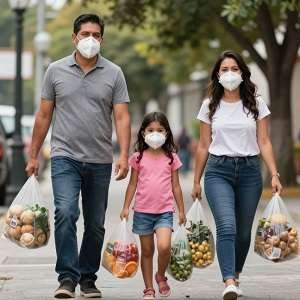Health disparities in cancer outcomes reveal startling trends, particularly among Black Americans who experience higher rates of aggressive cancers and mortality. Research has started to pivot away from genetic explanations toward the environmental challenges faced by these communities. A recent study highlights how social determinants, such as exposure to pollutants, play a significant role in escalating the risk of more aggressive cancer forms among Black individuals.
Three cohorts comprising over 23,000 cancer patients revealed that Black patients exhibited a significantly higher prevalence of whole genome duplications—ranging from 11% to 35% more than white patients. These genomic alterations can enhance tumor adaptability, potentially leading to worse prognoses. However, the researchers discovered no unique genetic markers driving these duplications, indicating that environmental factors are likely at play.
Notably, Black individuals are more exposed to carcinogenic pollutants. When mice cells were exposed to typical environmental pollutants, an increased rate of genome duplications was observed. This connection points to urgent public health imperatives: reducing environmental exposure and prioritizing targeted genetic screenings to assess individual cancer risks.
Experts underscore the necessity of addressing these disparities not only through treatment but also by informing communities about the risks associated with their environments. Adjusting cancer prevention strategies and policies to reflect these findings could pave the way for better health outcomes across racial groups.
See “Why do Black Americans get more aggressive cancers?” (October 1, 2024)



